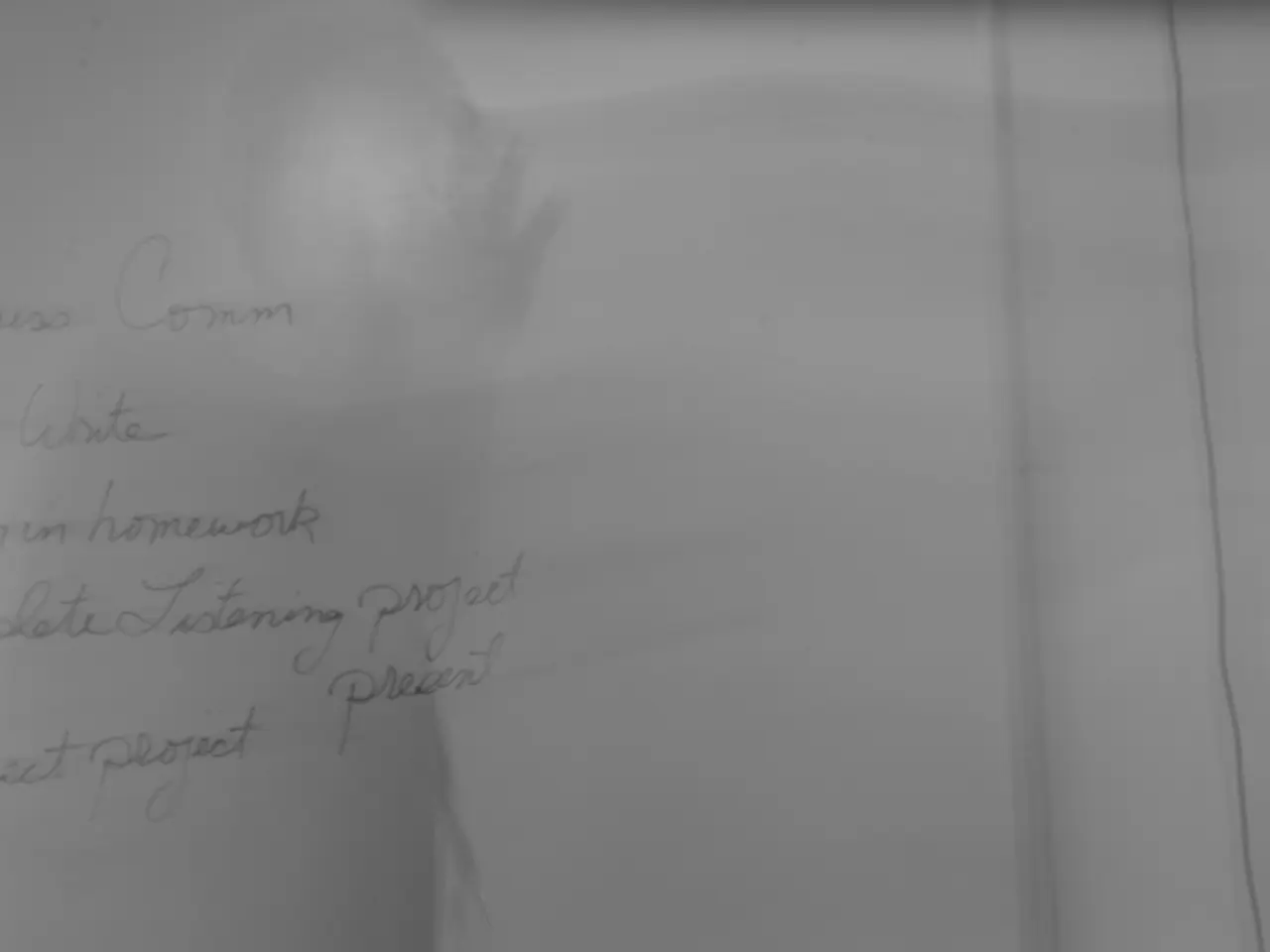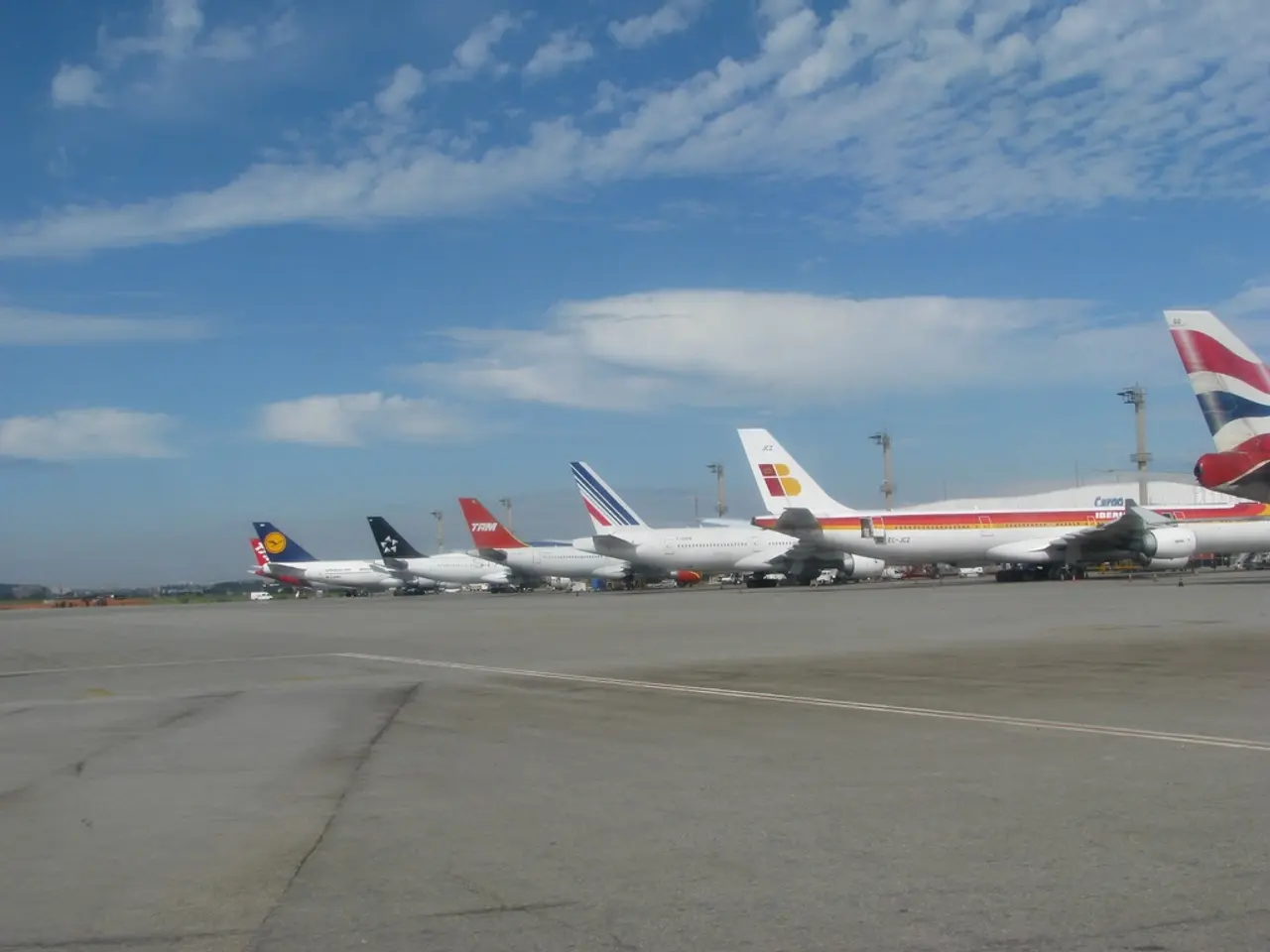Urgent Call for Implementation of Two-State Solution in Israel-Palestinian Conflict at United Nations
The international community is showing renewed diplomatic momentum in their efforts to bring about a peaceful resolution to the Israel-Palestine conflict, with a clear global call for the realization of the two-state solution. However, actual progress remains elusive, as implementation on the ground and political will from all parties are crucial.
Israel and the United States have decided to stay away from a meeting focusing on reform of the Palestinian Authority, disarmament of Hamas, and the exclusion of Hamas from Palestinian public life, amid growing international pressure on Israel to end nearly two years of war in Gaza. The US State Department labeled the meeting as "unproductive and ill-timed," and a "publicity stunt" that would make finding peace harder.
The meeting, co-chaired by Saudi Arabia and France, will take place despite "tactical pauses" announced by Israel. The Arab League, for the first time, has issued a unified condemnation of violence and urged Hamas to disarm. The League considers recognition of Palestine essential for the two-state solution.
A detailed vision for the two-state solution has been proposed, where two sovereign states exist based broadly on the pre-1967 borders. This vision contemplates Israeli settlers having options for permanent residency in a future Palestinian state and guarantees equality for minorities, aiming for coexistence under two states but one homeland.
The New York Declaration, issued at the High-Level International Conference in July 2025, commits to specific, time-bound steps towards the two-state solution. It stresses ending the Gaza war, Israeli withdrawal from Gaza under Palestinian Authority control, ending occupation, blockade, and displacement, and reinforcing Gaza-West Bank unity as integral to the future Palestinian state.
The UN continues to support an international process, emphasizing "near-universal support" for the two-state solution as the only viable path to satisfy legitimate aspirations under international law and create regional peace. A majority of UN member states have recognized the State of Palestine, especially among Arab, African, Asian, and Latin American countries.
However, Israel, the United States, and a few Western and other countries have not recognized Palestine as a sovereign state, often linking recognition to a negotiated peace agreement. Concerns have arisen about the possibility of a Palestinian state becoming geographically impossible due to ongoing conflicts and Israeli settlement expansion.
In summary, while the two-state solution remains the cornerstone international proposal with a solid diplomatic framework and broad political support reaffirmed in 2025, actual progress depends on implementation on the ground, cessation of hostilities, and political will from all parties including Israel to halt settlement expansion and accept Palestinian statehood. The diplomatic environment shows cautious optimism with major regional and international actors reiterating commitments and proposing practical steps, but the conflict and occupation have not fully ended, so it remains a work in progress.
Key players such as Palestinian Prime Minister Mohammad Mustafa, French President Emmanuel Macron, Saudi Arabia's Foreign Minister Faisal bin Farhan Al-Saud, and UN Secretary-General Antonio Guterres have all made statements emphasizing the importance of the two-state solution and the need for action to bring about peace. The humanitarian catastrophe in Gaza will dominate speeches at the meeting.
Despite the challenges, the international community continues to push for a peaceful resolution to the Israel-Palestine conflict, with the two-state solution as the preferred framework. The hope is that political will and diplomatic efforts will eventually lead to a lasting peace agreement.
- Amidst the diplomatic push for a resolution in the Israel-Palestine conflict, discussions surrounding the reform of the Palestinian Authority, disarmament of Hamas, and Hamas' exclusion from Palestinian public life are excluding key players such as the United States and Israel, leading to concerns that the meetings may be unproductive and counterintuitive to finding peace.
- The international community, emphasizing the two-state solution as the only viable path to regional peace, is encouraging Israel to cease settlement expansion and recognize Palestine as a sovereign state, a matter that remains contentious in the ongoing quest for a lasting peace agreement amidst war-and-conflicts and political turmoil.






